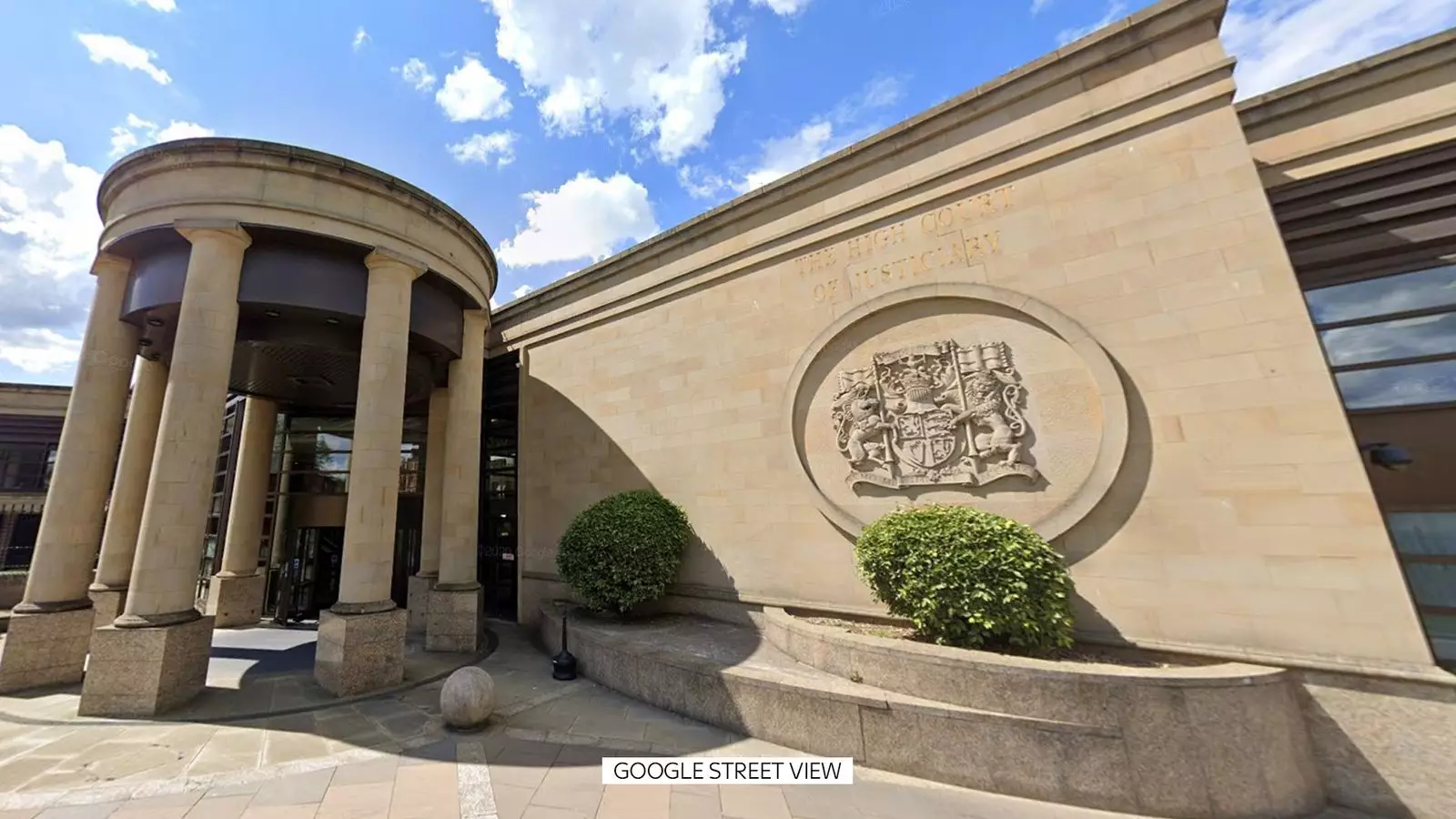This disturbing case involving a paramedic who secretly administered an abortion drug during consensual sex exposes a dire failure in both personal ethics and professional responsibility. At its core, it reveals how individuals entrusted with safeguarding others can become perpetrators of profound harm. The paramedic, Stephen Doohan, fabricates trust under the guise of care and professionalism, only to weaponize that trust for malicious intent. Such abuse shatters the foundational principle of healthcare: to do no harm. When individuals in critical roles breach this trust so egregiously, it prompts a critical reflection on the systems that should prevent such misconduct, exposing vulnerabilities that need urgent reform.
This case underscores the importance of scrutinizing how professionals are vetted, monitored, and held accountable, especially in sensitive fields like health and emergency services. While a robust system of oversight exists, this incident illustrates how individual betrayal can slip through these safeguards, often fueled by personal motives, power imbalances, or unchecked arrogance. Society’s response indicates a rush to punitive measures rather than systemic introspection. Yet, punishment alone cannot rectify the erosion of moral compass; we must ask whether structural reforms and continuous ethical training are sufficiently prioritized. The fact that a paramedic could exploit his access to medical resources to facilitate such an assault reveals systemic complacency, emphasizing the need for rigorous oversight and mental health support.
The Flawed Justice System’s Struggle for Deterrence
The lengthy jail sentence handed down to Doohan — over a decade behind bars — is arguably justified, yet it raises uncomfortable questions about whether justice truly serves as a deterrent or merely as retribution. The severity of the sentence reflects society’s condemnation of such heinous abuse, especially when it involves the violation of a vulnerable woman’s autonomy and reproductive rights. However, this case exposes broader systemic flaws: the justice process often reacts after the damage is done, leaving victims to navigate often harrowing paths toward accountability alone.
Moreover, the case demonstrates the importance of protecting victims, ensuring their voices are heard and their rights defended throughout the justice process. The victim’s brave decision to report her experience exemplifies resilience, yet it also highlights the emotional toll incurred when survivors must constantly relive trauma in pursuit of justice. While the judiciary appropriately emphasizes the long-term psychological injuries inflicted, too often the system neglects the ongoing support that survivors need to rebuild their lives. Sentencing serves as a warning, but without comprehensive psychological and social support, the cycle of trauma perpetuates.
This case also exposes the peril of unchecked abuse of authority within the healthcare sector, a place where vulnerable people should find solace rather than exploitation. A stark lesson emerges: the criminal justice system must go beyond punishment; it must advocate for systemic reform, foster transparency, and ensure that professionals who abuse their positions face not only consequences but also preventions designed to mitigate future harm.
The Critical Role of Societal Vigilance and Ethical Oversight
A key aspect often overlooked in such cases is societal complicity—how cultural attitudes and institutional environments may inadvertently enable or overlook misconduct. From the initial suspicion when the woman found tablets under her mattress, to her eventual decision to seek help, there were missed opportunities for earlier intervention. The fact that Doohan went so far as to secretly plan and execute the administration of abortion pills highlights a profound ethical failure. Society bears responsibility when systemic gaps or institutional blind spots allow such abuse to occur unchecked.
Furthermore, the case exemplifies the importance of standing up against betrayal within trusted professions. When individuals entrusted with caregiving and emergency response abuse their authority, it signifies a breakdown of societal values. It is a stark reminder that vigilance, ongoing ethical education, and active oversight are required to prevent such moral collapses. The case’s aftermath provides a clear message: complacency in monitoring professional conduct can have devastating consequences, not just for victims but for the integrity of entire professions.
While criminal justice may appropriately punish Doohan, a broader cultural shift is necessary. Society must recognize that safeguarding ethical boundaries within all professions, especially those involving trust and vulnerability, is a collective responsibility. Public institutions—healthcare, emergency services, legal systems—must foster environments where misconduct is swiftly identified, transparently addressed, and rigorously prevented. Only then can we hope to restore faith in systems fundamentally designed to serve and protect, not to harm and betray.

Leave a Reply